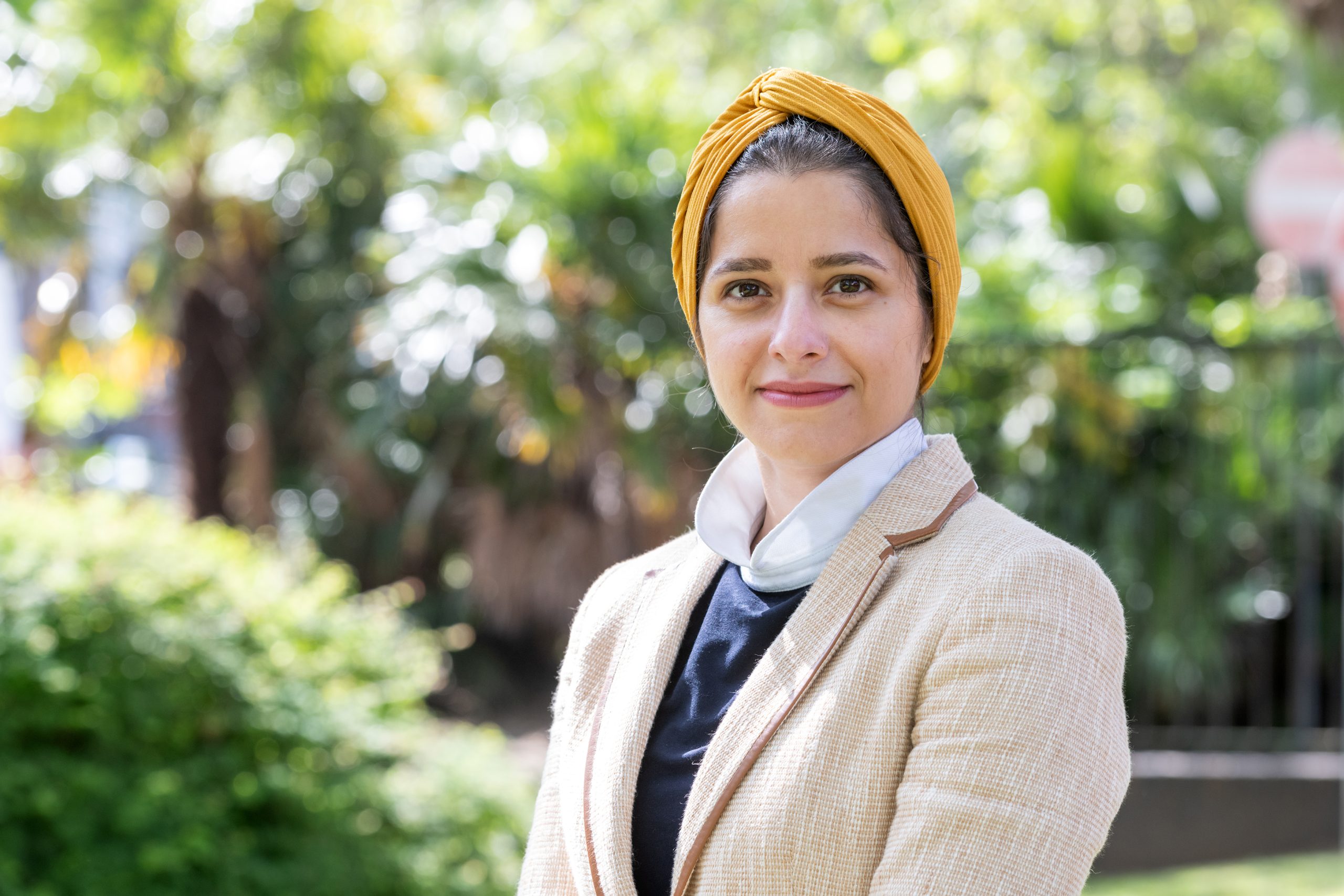
Did you know stroke is the largest cause of disability in the UK and the fourth biggest killer? To mark Stroke Awareness Month, Dr Fatemeh Geranmayeh from the Department of Brain Sciences sheds light on her recent research looking at the recovery of cognitive functions after cerebrovascular disease and the ‘prediction problem.’
Stroke is a leading cause of death and disability worldwide. Given that stroke strikes every five minutes here in the UK, chances are that you personally know someone affected by stroke. Of the 1.3 million stroke survivors, three quarters have problems with cognition (that is problems with memory, thinking, language, problem solving, numbers or planning actions). A significant proportion (a third) develop dementia within five years. It’s not surprising therefore that vascular brain health is beginning to get the attention that it deserves in the field of dementia research.
The spectrum of post-stroke cognitive deficits is broad with significant negative impacts on therapy engagement, mental health, employment and societal costs. Consequently, diagnosis and treatment of cognitive impairment following stroke have been highlighted as priority by patients and national guidelines for stroke management.
From a research perspective, much effort has been put into understanding the ‘prediction problem’; that is which patients are likely to a) recover cognition, b) show cognitive deterioration requiring additional monitoring and care needs, and c) benefit most from personalised therapy.


